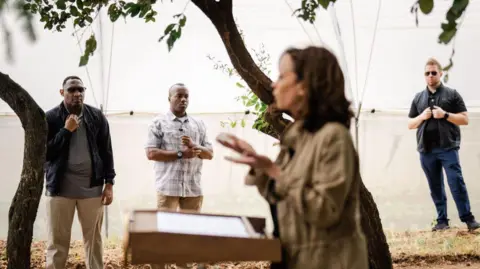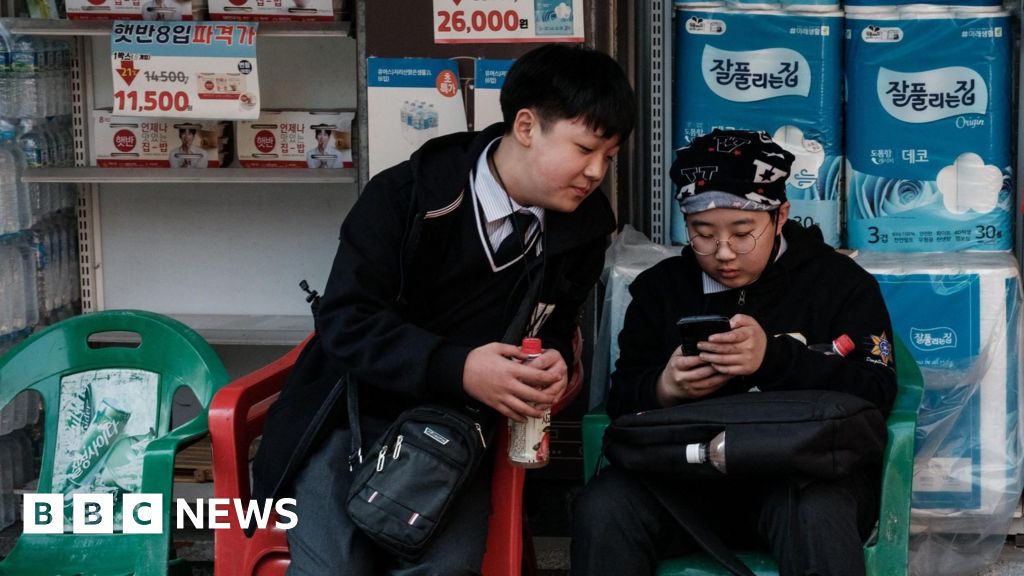In a pointed challenge to Hungary's nationalist Prime Minister Viktor Orban's legislation prohibiting LGBTQ events, Mayor Karacsony appeared before authorities, expressing that "neither freedom nor love can be banned in Budapest." This statement came after an impressive turnout of 200,000 participants, who transformed the event from a mere celebration into a protest against the government's stance on LGBTQ rights.
Karacsony faces potential charges that could lead to a year in prison if convicted for his alleged role in the secretive organizing of the march, which proceeded despite explicit warnings of legal actions from the government. In the past, the Orban administration has enforced several laws targeting the LGBTQ+ community, including the criminalization of public depictions of homosexuality aimed at minors, further heightening tensions around this social issue.
Defending his actions, Karacsony has vowed to continue the fight for LGBTQ rights, indicating he would formally contest the investigation, which he deems baseless. The annual Pride march, historically a vibrant display of both celebration and resistance, thus remains in the spotlight as a symbol of resilience against restrictive societal norms.
The mayor articulated his refusal to comply with what he sees as an unjust legal framework, and despite threats of prosecution, he emphasized the importance of local governance in securing the community's right to freely express their identity. While attendees initially faced possible fines, police later announced they would not punish those who participated.
As police investigations proceed, the rally's substantial turnout signifies growing public opposition to Orban's policies, with Budapest Pride remaining a central fixture in the ongoing discourse surrounding LGBTQ+ rights in Hungary.
Karacsony’s initiative stands in stark contrast to government-sanctioned measures, illustrating the resilience of civil society in pushing back against adverse legislation.
Karacsony faces potential charges that could lead to a year in prison if convicted for his alleged role in the secretive organizing of the march, which proceeded despite explicit warnings of legal actions from the government. In the past, the Orban administration has enforced several laws targeting the LGBTQ+ community, including the criminalization of public depictions of homosexuality aimed at minors, further heightening tensions around this social issue.
Defending his actions, Karacsony has vowed to continue the fight for LGBTQ rights, indicating he would formally contest the investigation, which he deems baseless. The annual Pride march, historically a vibrant display of both celebration and resistance, thus remains in the spotlight as a symbol of resilience against restrictive societal norms.
The mayor articulated his refusal to comply with what he sees as an unjust legal framework, and despite threats of prosecution, he emphasized the importance of local governance in securing the community's right to freely express their identity. While attendees initially faced possible fines, police later announced they would not punish those who participated.
As police investigations proceed, the rally's substantial turnout signifies growing public opposition to Orban's policies, with Budapest Pride remaining a central fixture in the ongoing discourse surrounding LGBTQ+ rights in Hungary.
Karacsony’s initiative stands in stark contrast to government-sanctioned measures, illustrating the resilience of civil society in pushing back against adverse legislation.



















